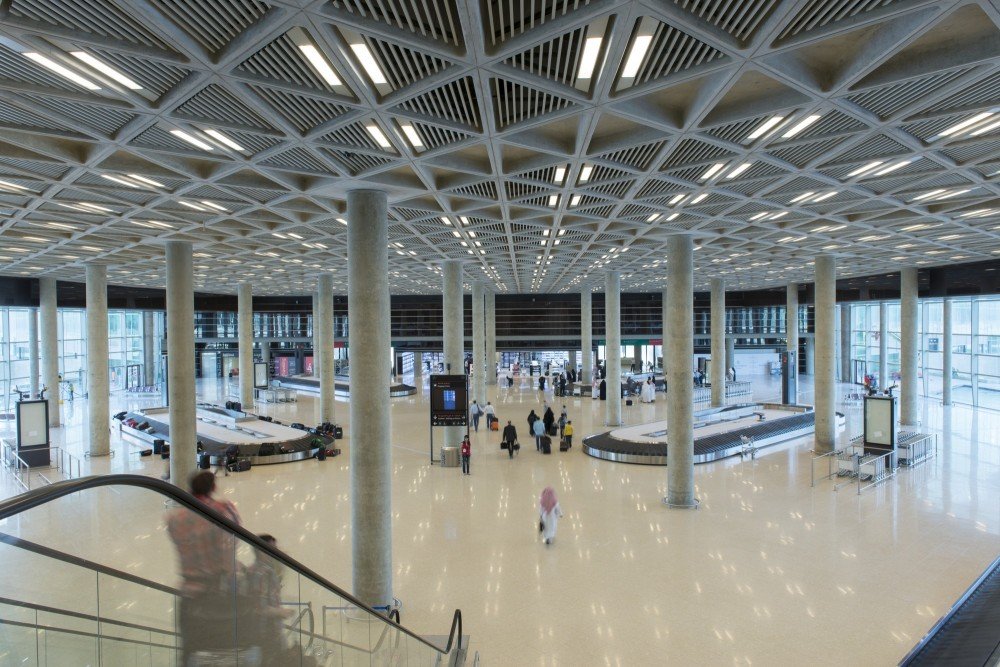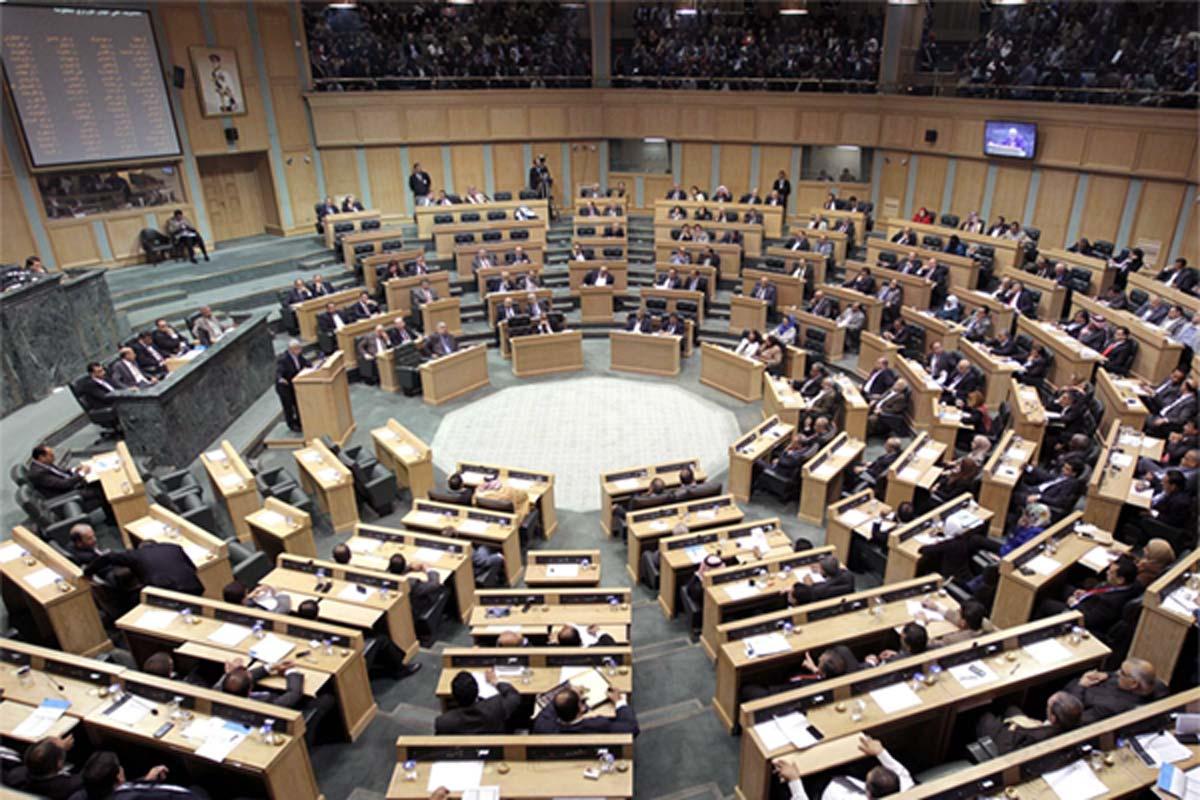Dan Ariely Strikes Back: Motivation, Attachment, and More
Here’s a talk I enjoyed recently:
Read more →Here’s a talk I enjoyed recently:
Read more → Airport, by Freedom's Falcon on WikipediaCC BY-SA 3.0
Airport, by Freedom's Falcon on WikipediaCC BY-SA 3.0When they started computerizing the Jordanian passport issuing process, the “computer” line had a wait twice as long as that of the “manual” line. Today, no one could argue that we were better off with a non-computerized process for passports.
 [^1]
[^1]

Today’s session of parliament in Jordan was an embarrassment—we saw typical examples of yelling over dialogue, insults over evidence, and anger over communication.
Whenever we witness the embarrassing behavior of our parliament, it is easy to think (or want to think) that such parliament could only be produced by corrupt elections, falsified votes, and manipulation from a group which wants a crippled parliament. We perhaps think that because it is too scary for us to even entertain the idea that we, the people, are capable of introducing—through popular will—an elected college of representatives that is as embarrassingly small-minded as these folks can be.
Read more →On Twitter, @AnonymousIRC claims to have been responsible for bringing the *.mit.edu network down for a few hours last night in protest of MIT’s legal “back-and-forth” with Aaron Swartz. Later on they went on to ‘hack’ two sub-domains in the MIT network (the “Cogeneration Project” and an RLE site, seemingly they just picked two random ones easy to break) posting a message about Aaron. Here are some of my thoughts about attacking the MIT network following this tragedy:
MIT has more than 10,000 students, researchers, and professors working on areas ranging from cancer research, renewable energy, and urban planning to free software (FSF), open internet (W3C), and the future of computing in general (CSAIL). In many ways, what MIT, as a community, stands for is more representative of the Swartz and Anon cause than the Anonymous themselves.
Read more →The revival of Islam as a political force in the 1970s is a sociopolitical phenomenon that is often difficult to understand. Much to the confusion of many, the Islamic resurgence took place after waves of modernization, secularism, and nationalism hit the Arab World. In this essay, I argue that extremist strands of both political Islam and Islamic fundamentalism have and continue to gain traction in the Arab world due to continued failures of the state: in the Arab Israeli conflict, in providing for its people, and in exercising sovereignty without foreign influence
There are a number of terms that are relevant to the understanding of modern Islamist movements in the Arab World. Political Islam, or sometimes Islamism, refers to “Islam as a political ideology rather than as a religious or theological construct.” Political Islam can range from moderate to extreme, but in all cases, its adherents hold the belief that “Islam as a body of faith has something to say about how politics and society should be ordered in the contemporary Muslim world” (Ayoob, 2004, p. 1). Islamic fundamentalism is a closely related—but highly debated—term, describing a certain strand of political Islam. Islamic fundamentalism is often understood in the context of political Islam; indeed, many scholars use both terms interchangeably to indicate a religious-political belief that the return to the fundamentals of the Islamic tradition is the key to political and socioeconomic prosperity, following the failures of secular, modernist, and nationalist movements (Esposito, 2000, pp. 49-59).
Read more →